Introduction
Nigeria, a configuration of colonial rule with the amalgamation of the Northern and Southern protectorate in 1914, to the present times has been unable to transcend the political crisis caused by the amalgamation. The Berlin Conference of 1884/85 granted Europeans the “formal right” to carve out territories for themselves in Africa, not minding the people’s historical background of the people living within these locations.[1] Nigeria is the outcome of this infamous conference. Nigeria plunged into another phase of political crisis after the attainment of independence from the British authority on October 1, 1960. Following this event, the country witnessed the struggle for power between the civilians and military coup leaders and also within the period experienced civil war (1967-1970). Nigeria’s Fourth Republic began in 1999 with the transition of political powers from the military to civilians. From 1999 to the present times, political powers have rested in the hands of the civilians with the transition of power made possible by periodic elections. Nigeria, in the Fourth Republic, has witnessed seven General Elections – 1999, 2003, 2007, 2011, 2015, 2019, and 2023. What has remained a recurring feature of these elections has been the prevalence of violence to score political gains for individual gains. Nigeria has therefore not been able to conduct a free, fair, and credible election as this project aims to show. In my research, I aim to focus on the 2023 General Elections and why electoral violence has persisted.


Conceptual Framework
An election is an inherent feature of a democratic configuration. Alao (2021), a senior lecturer of Political Science at Al-Hikmah University, Ilorin, Nigeria, cited Bello-imam’s definition of election as “a technique whereby citizens choose their representatives per mechanisms fixed by the constitution or the established government of a state.” [2]Elections in Nigeria could be traced to the Clifford Constitution of 1922 which allowed for the first-time elective principles.[3] Although this provision was for a selected few, it laid the foundation for increased representation in governance in subsequent years.
Generally, violence refers to the behaviour involving physical force intended to hurt, damage, or kill. Electoral violence refers to “an attempt to destabilise the election process and also a physical attack on the election materials and the participants in the election process.”[4] Ita (2022), a Nigerian lecturer at the Department of Political Science, references Albert’s (2007) position on electoral violence as having “to do with all forms of organised acts or threats – physical, psychological, and structural – aimed at intimidating, harming, blackmailing a political stakeholder before, during and after an election to determine, delay, or otherwise influence an electoral process.”[5] We could therefore deduce that electoral violence could express itself in three different stages: pre-election, election proper, and post-election violence. Electoral violence drives away citizens leading to voter apathy which is detrimental to democracy.[6]The first large-scale electoral violence to be witnessed in an independent Nigeria was the 1964 General elections which led to the collapse of law and order in western Nigeria, further setting the stage for a military coup d’etat in 1966 and the fall of Nigeria’s First Republic (1963-66).
Global Context
Whatever the case, during this research, it became evident that it is nearly impossible to separate electoral violence from electoral processes. Electoral violence is not just peculiar to the Nigeria electoral system or a recurring feature during post-independent African countries’ elections. According to a publication by the United States Institute of Peace, “Conflict and tension during elections have been common in Africa’s new democracies”. While stating that violence affects 19 and 25 percent of elections in Africa, the publication drew attention to the possible argument that electoral violence laid the foundation for civil war in the Republic of Congo.[7] According to the Kenya Red Cross Society in 2008 about 300,000 people were internally displaced as a result of post-electoral violence.[8] Furthermore, the ‘Save America’ march or rally on January 6, 2021, coincided with the certification of the Electoral College results in favour of the now president of the United States, President Joe Biden. The rally metamorphosed into post-electoral violence at the United States Capitol. Thus, electoral violence persists in the democracy that is being practised around the globe.
The 2023 General Elections “the same narrative”
The Nigerian 2023 general elections came with increased promises of free, fair, and credible elections. The government deployed thousands of military and paramilitary personnel to ensure the smooth running of the elections. The immediate past president of the Federal Republic of Nigeria, President Muhammadu Buhari, signed into law the Electoral Act of 2022. This Act empowered the Independent National Electoral Commission (INEC) – the body charged with the responsibility of conducting elections in the country since the commencement of the Fourth Republic, to employ more technological innovations for voting and also the transmission of results. With the increased number of those who have access to the technological space, events going on in various polling units across the country could be easily accessed across different social media platforms.
In an interview with Mr. Adisa Habeeb, a graduate of the Department of History and a journalist in the field during the 2023 elections, his overall view of the just concluded 2023 general elections was an improvement of the previous elections as there were reduced instances of snatching of ballot boxes and destruction of sensitive materials and also had more youth-driven impact. However, to critically interrogate the issue of violence in Nigeria’s elections, it is important to look at some elements that have over the years prepared the grounds for violence.
Nigerian politicians inherited the legacy of the colonial structure, which is in its nature violent, to protect their interests after independence (1960). The long years of military rule in Nigeria enabled the military rulers to dominate the system. After the transition of power from the military to the civilian, we could say it was a mere exchange of batons with literally no significant change but that of the nomenclature that is “civilian rule”. The end of the military rule in 1999 saw the emergence of Chief Olusegun Obasanjo, a one-time military head of state, as president for the next eight years. At the end of his reign, he declared the 2007 election a “do-or-die affair.” This has been the mentality for power transition in Nigeria after independence through to the Fourth Republic.
Political parties in Nigeria are devoid of ideology.[9] This clearly explains why politicians could easily end the day as a member of a party and wake up as another. Their sole aim is to ensure that the result favours selfish desire breeding nepotism, favouritism, etc. Without an exact ideology to sell to the citizens, they always fall back to the use of ethnicity and religious sentiments. This brings us back to the nature of the Nigerian state. Nigeria is heterogeneous both in ethnicity and religion; however, intergroup relation throughout its history has not been cordial. Politicians are not unaware and would always manipulate to arouse division subsequently leading to violence. Just like part elections, the 2023 elections also featured this factor. The flag bearer of the All Progressive Party declared in a gathering at Ogun 2022 “Yoruba lokan” (it is the Yoruba’s turn); his counterpart in the People’s Democratic Party declared in Kaduna 2022 that what the North needed was a Northern president asking the voters not to elect other ethnicities; similarly, those in the East were in support of an Eastern president. Religiously, the 2023 elections also played out on religious sentiments. The use of religion took a different turn as it was used as a tool of intimidation, for instance in the governorship elections in Lagos, political thugs[10] hid under the guise of the traditional Oro Festival to intimidate citizens who dey felt led to them losing the presidential election to another party in the state – gunshots were fired at such targeted residences.[11]

Furthermore, state institutions cannot be exempted from the prevalence of violence in elections. The security agencies deployed to ensure the protection of citizens at the polling unit were caught as they stood aloof while the citizens were intimidated. Prior to the 2023 elections, we witnessed thugs affiliated with a certain political party coming out boldly to threaten a nationality. In an interview, a police representative on a television station declared that it was a “joke”, yet, the threats were carried out. Also, with the outcome of previous elections, citizens have continued to lose trust in the independence and impartiality of the electoral body. Elections are no longer decided at the polls but at the court. This has given an increasing role to the judiciary. The people again are not assured of an independent judiciary as we can’t rule out the influence of incumbency. In most cases, the decision goes in favour of the incumbent government.
Conclusion
Nigeria’s political scene is centred on incumbency. The ruling party explores whatever means to ensure their continued rule while the opposition does likewise to ensure their ascendancy. To ensure this, they often rely on electoral violence. While some are of the opinion that the 2023 election was an improvement of previous elections as it saw reduced instances of snatching of ballot boxes and other sensitive materials, nevertheless, the 2023 elections displayed all elements that lay the foundation for violence. Increased poverty makes youths vulnerable to the politicians – verbal intimidation, destruction of personal properties, destruction of electoral sensitive materials, infliction of bodily harm, etc. The electoral process from party primaries, campaigns/rallies to post-election is violence personified. In all, the nature and character of the Nigerian state predisposes it to violence.[12] Politicians are aware of the lack of integration, and they often rely on religious and ethnic sentiments as to why they should be elected. The 2023 election to a large extent could be regarded as the same narrative as previous elections if not taking a more dangerous dimension.
REFERENCES
[1] Much has been written on the topic, for example: Walter Rodney (1972). “How Europe Underdeveloped Africa”
[2] Alao, A.A., (2021). Electoral Violence in Nigeria’s Fourth Republic: Implication for Democratic Development. Journal of Administrative Science, 18(2), pp. 320-344.
[3] Ebobueze, A., & Ojirika, C. (2017). Electoral Violence in Nigeria’s Fourth Republic: Implications for Political Stability. Journal of Scientific Research & Report, 13(2): 1-11. DOI: 10.9734/JSRR/2017/20750
[4] Alao, A.A., (2021). Electoral Violence in Nigeria’s Fourth Republic: Implication for Democratic Development. Journal of Administrative Science, 18(2), pp. 320-344.
[5] Ita, V., E., (2022). Electoral Violence in Nigeria’s Fourth Democratic Experience: A Survey of South-South Geo-Political Zone. Global Journal of Political Science and Administration,10(2), pp. 16-33
[6] Oral interview with Adisa Habeeb, a graduate of the department and a field journalist in the 2023 elections.
[7] United States Institute of Peace, (2010). Trends in electoral violence in Sub-Saharan Africa. https://www.usip.org/sites/default/files/resources/PB13Electoral%20Violence.pdf
[8] Omotola S.J., (2010). Explaining Electoral Violence in Africa’s ‘new’ democracies. African Journals Online. https://www.ajol.info/index.php/ajcr/article/view/63320
[9] Oral interview with Dr. D.O. Ajayi, Senior Lecturer at the Department of History University of Ibadan.
[10]See https://www.google.com/url?q=https://www.researchgate.net/publication/326088820_EFFECT_OF_POLITICAL_THUGGERY_ON_SUSTAINABLE_DEMOCRACY_IN_NIGERIA&sa=D&source=docs&ust=1690265832341493&usg=AOvVaw3pjjpaipDvTbuE2Xei2Gz5
[11] Oro Festival is an annual festival observed by those from the Western part of Nigeria. see, http://www.ekimogundescendant.org/understanding-the-antiquated-yoruba-oro-festival/
[12] Oral interview with Dr. D.O. Ajayi, Senior Lecturer at the Department of History University of Ibadan.
BIBLIOGRAPHY
- Oral interview with Dr. Ajayi D.O., Senior Lecture at the Department of History, University of Ibadan, on July 4, 2023.
- Online oral interview Mr. Adisa Habeeb, a graduate of History at the University of Ibadan and a journalist on July 29, 2023.
- Alao, A.A., (2021). Electoral Violence in Nigeria’s Fourth Republic: Implication for Democratic Development. Journal of Administrative Science, 18(2), pp. 320-344.
- Ebobueze, A., & Ojirika, C. (2017). Electoral Violence in Nigeria’s Fourth Republic: Implications for Political Stability. Journal of Scientific Research & Report, 13(2): 1-11. DOI: 10.9734/JSRR/2017/20750.
- Ita, V., E., (2022). Electoral Violence in Nigeria’s Fourth Democratic Experience: A Survey of South-South Geo-Political Zone. Global Journal of Political Science and Administration,10(2), pp. 16-33.
- Omotola S.J., (2010). Explaining Electoral Violence in Africa’s ‘new’ democracies. African Journals Online. https://www.ajol.info/index.php/ajcr/article/view/63320
- Rodney, W. (1972). How Europe Underdeveloped Africa. London: Bogle-1’Ouverture Publications.
- Umar, A., Doho A., & Sule, B. (2016). Effect of Political Thuggery on Sustainable Democracy in Nigeria. Journal of Management Sciences, 14(3), 76-89. https://www.researchgate.net/publication/326088820_EFFECT_OF_POLITICAL_THUGGERY_ON_SUSTAINABLE_DEMOCRACY_IN_NIGERIA
- United States Institute of Peace, (2010). Trends in electoral violence in Sub-Saharan Africa. https://www.usip.org/sites/default/files/resources/PB13Electoral%20Violence.pdf
- Oro Festival is an annual festival observed by those from the Western part of Nigeria. see, http://www.ekimogundescendant.org/understanding-the-antiquated-yoruba-oro-festival/
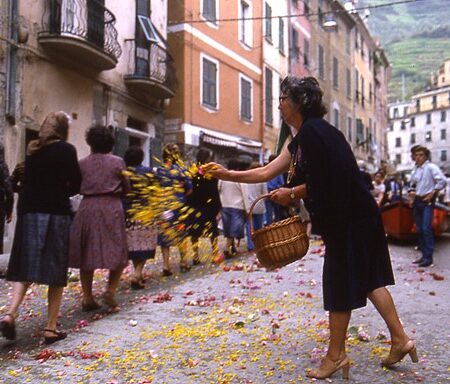
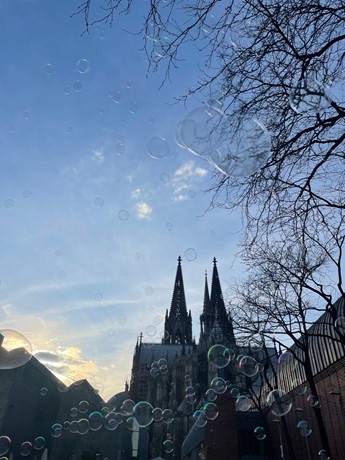
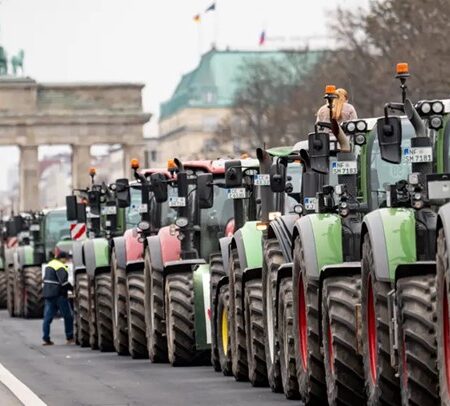
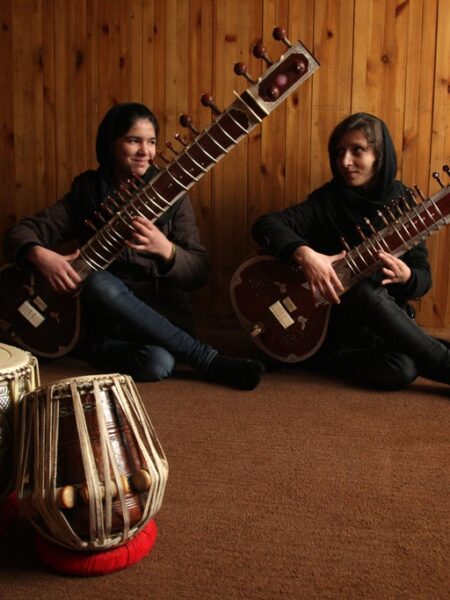
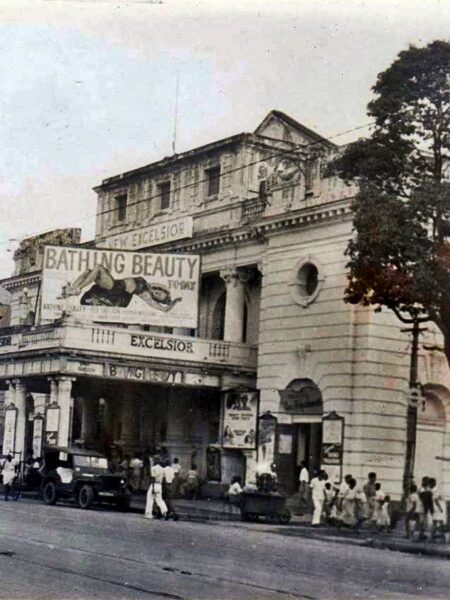
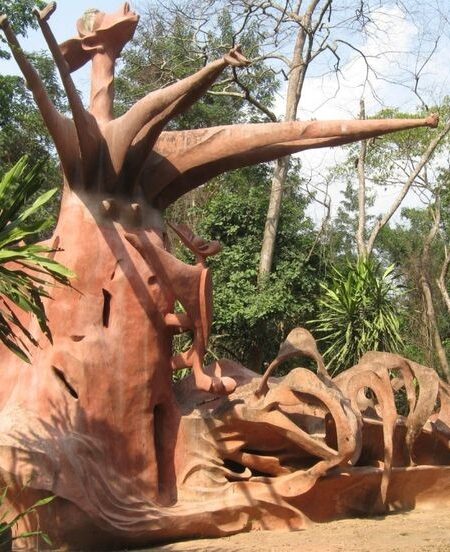



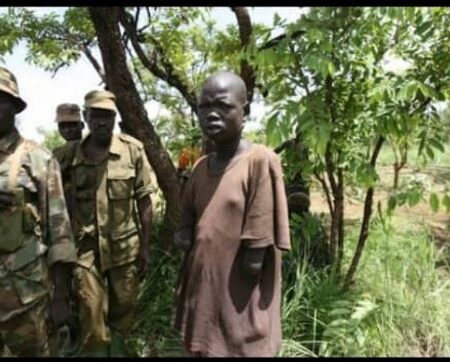
An insightful piece!
The Nigerian electioneering system is just another chilling example of the failure of democracy over time in the country. In fact, this puts one in a dilemma, as to why democracy is failing in Africa over time– another coup just happened again, this time, in Niger! It probably also ringing a bell in Nigeria if care is not taken.